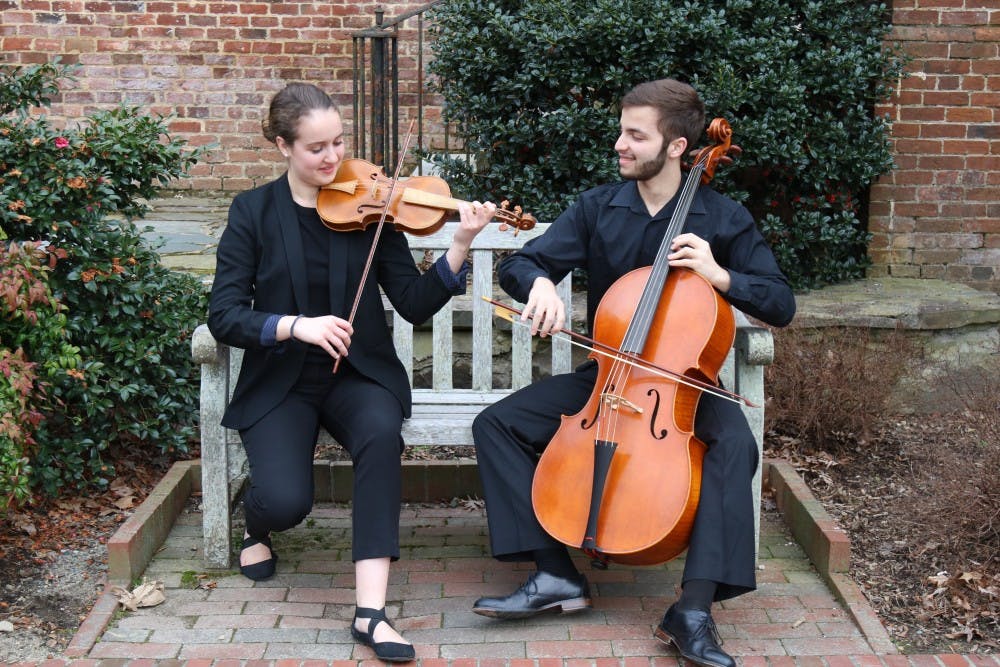CORRECTION: Due to a reporting error, an earlier version of this article misquoted Marc Callahan about the opera, "A Good Boy." The music department is currently working on the opera. The article has been updated with the correct information. The Daily Tar Heel apologizes for this error.
To the UNC music department, opera is something everyone should be able to enjoy — and not limited to an elitist stereotype.
UNC's music department is unique because of the opera productions that take place once every semester. Marc Callahan, assistant professor of music at UNC, said what makes these performances exceptional is the work the students and faculty put in to cut three-hour productions down to one. The department also does many performances in English or displays translations on stage for productions in a different language.
“We are working on an opera right now called 'A Good Boy,' which is about families who have loved ones living on death row," Callahan, who is responsible for directing the operas on campus, said. He is currently in the process of writing "A Good Boy."
"So, opera can both be used as a vehicle for social change, but it can also be a release and kind of a way to go into a space and see creativity unfold in front of you on stage,” he said.
There are even many operas that promote social justice to be more relevant and relatable for the audience, he said.
The University opera productions incorporate the student orchestra, as well as student singers to produce a show every semester. While many people may waver at the word “opera,” the students and staff work hard to make the performances as palatable as possible, Callahan said.
Sophomore Emma Schubart majors in violin performance. She played in last semester’s opera, which was a baroque performance. Baroque performances are unique because they require students to use an entirely different instrument than they would with modern music.
Schubart said baroque instruments are the ancestors to the ones musicians typically play today. The baroque instruments have gut strings rather than steel, which requires students to learn an entirely new way to handle their instruments.



